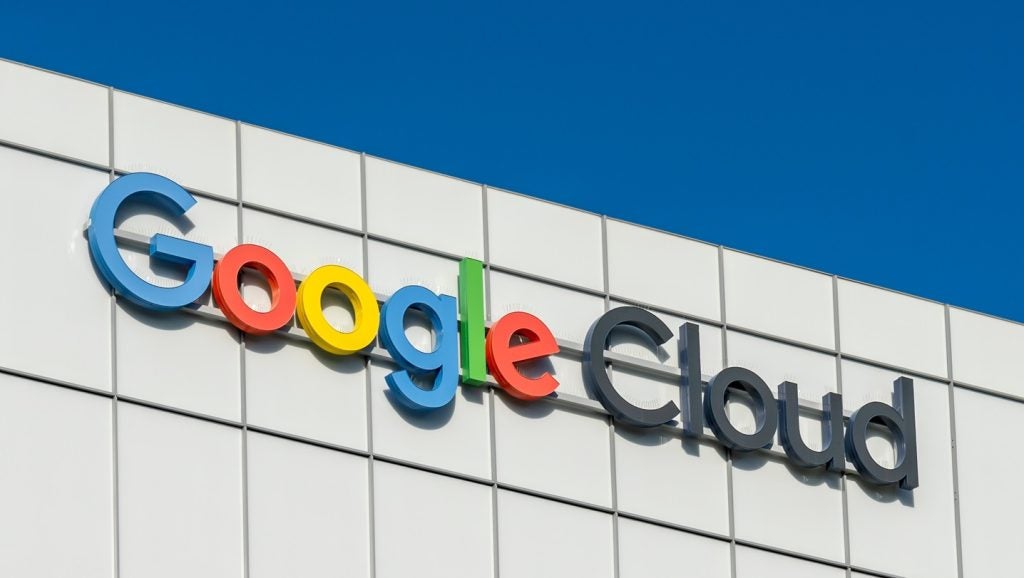
The European Commission met today to lay out its budget proposals for a so-called multiannual financial framework, which will run from 2021 to 2027.
The financial blueprint of €1.279 trillion tops the previous budget cap of 1% of the bloc’s gross national income (GNI) and pushes overall spending to around 1.1%.
The budget is expected to spark tensions between net contributors to the EU (often richer, Western countries) and net beneficiaries of the EU (poorer countries that rely on EU funding for investment).
The UK contributes to the existing EU long-term budget, which runs through to 2020. From the end of 2020, under current Brexit plans, the UK will no longer be paying into the EU budget. The ensuing budget black hole is likely to be between €12 billion and €14 billion annually.
The UK is among the EU’s biggest net contributors, with only Germany, France and Italy contributing more.
The plan unveiled today calls for cuts to agriculture subsidies, which currently make up nearly 40% of EU spending, and to cohesion spending, which is roughly 33% of the budget.
Cohesion spending is set to fall by 7%, while agriculture subsidies will drop by 5%. Direct payments will decrease by 4%, while Erasmus spending will be doubled.
Commissioner Günther Oettinger, who’s in charge of the budget, said:
This budget proposal is truly about EU added value. We invest even more in areas where one single member state cannot act alone or where it is more efficient to act together – be it research, migration, border control or defence.
And we continue to finance traditional – but modernised – policies, such as common agricultural policy and cohesion policy, because we all benefit from the high standard of our agricultural products and regions catching up economically.
European Commission President Jean-Claude Juncker told MEPs the Commission has carried out a “rigorous examination” of all the EU policies and is proposing “an ambitious budget”.
Juncker said:
We want to present a proposal that is taken seriously, and a proposal that can be [the] basis for future negotiations. This budget is innovative in its structure … and its simplification of rules.
The mood in the European Parliament ahead of the long term #EUBudget presentation. pic.twitter.com/tV8cnOlMlI
— Pablo Pérez ?? (@PabloPerezA) May 2, 2018







